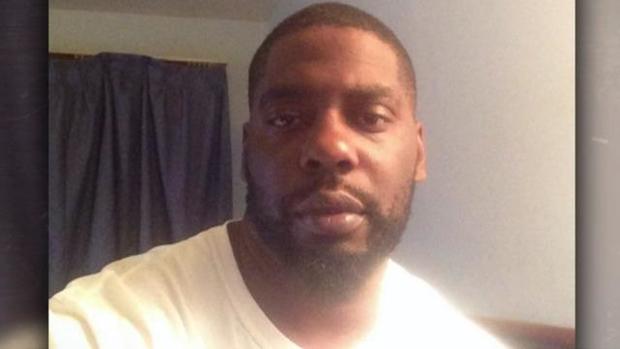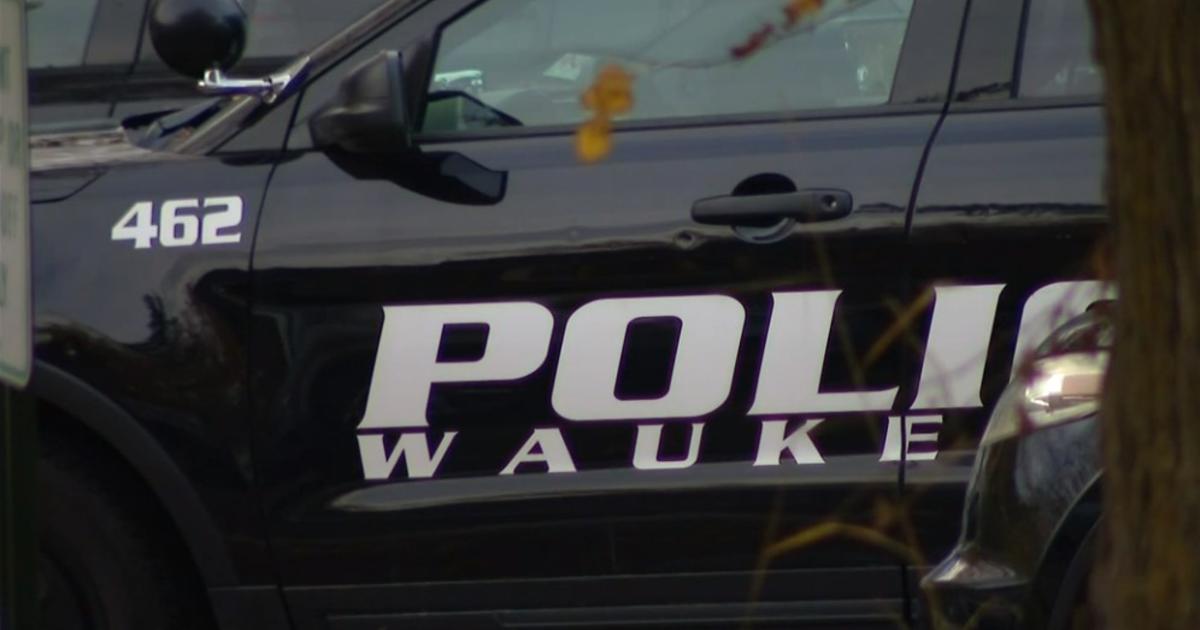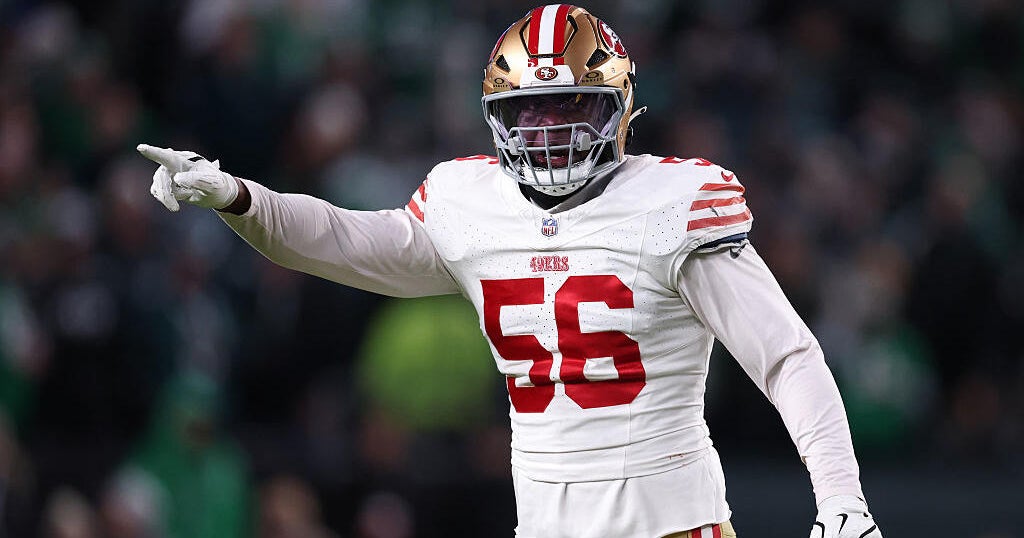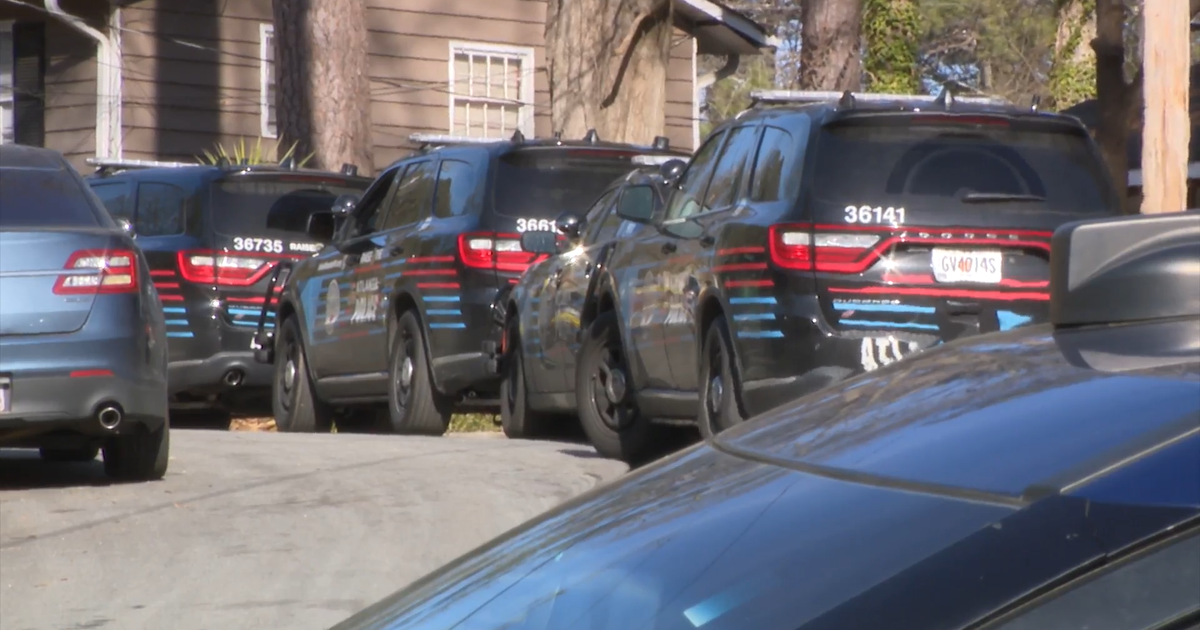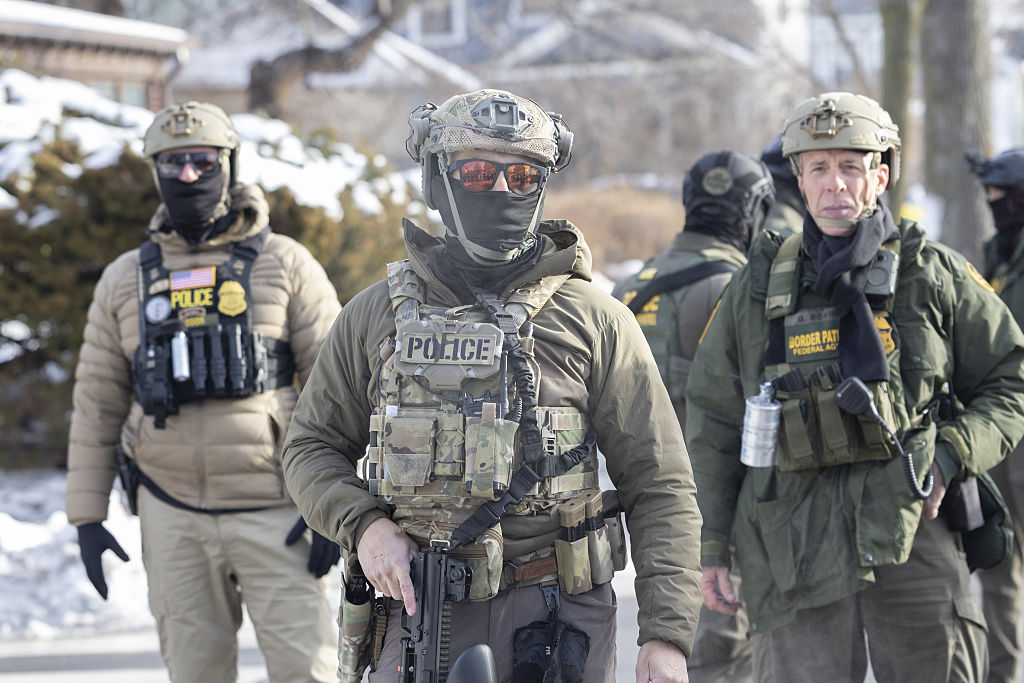Andrew Brown Jr. was fatally shot in the back of the head, state autopsy says
Andrew Brown Jr., a Black man who was fatally shot by North Carolina deputies in April, died of a gunshot wound to the back of his head, according to a state autopsy report released Thursday. The autopsy, which confirms the major findings of a previous autopsy commissioned by Brown's family, is fueling new calls for the release of the full body camera footage of the altercation.
Brown was killed in Elizabeth City, North Carolina, after sheriff's deputies who were serving felony warrants and a search warrant surrounded his car. A brief video of the shooting, released in May, shows the car backing away as officers try to gather around it before Brown turns left in an apparent attempt to drive away between the officers. Deputies fired a total of 14 shots, and the car crashed soon after.
The 42-year-old's cause of death was determined to be a "penetrating gunshot wound of the head" and the manner of death was ruled a homicide, according to the report. Brown was also shot in the upper part of his right arm, according to the report. The autopsy found a small amount of methamphetamine in his system but said it "likely did not play a role in Mr. Brown's cause or manner of death."
In a statement, attorneys for Brown's family said the autopsy findings "prove what we've always known to be true: Pasquotank County deputies executed Andrew Brown Jr. with a kill shot to the back of the head." The Pasquotank County Sheriff's Office did not immediately respond to a request for comment.
In May, District Attorney Andrew Womble said the deputies were justified in shooting Brown and that none of the officers would be charged in his death. While Womble acknowledged that Brown was unarmed, he said the deputies believed it was necessary to use deadly force because Brown was using his car as a "deadly weapon."
At the time, an attorney for the family said they planned to file a federal lawsuit. The family has called Brown's death an "execution" and said Brown posed no threat to officers. The FBI is also investigating the case.
"The most cowardly thing you can ever do is shoot a person from behind when they're not posing any threat of harm or violence to you," said family attorney Ben Crump.
Womble has said Brown's car made contact with officers before they opened fire. But Brown's family, which was permitted by the court to view approximately 18 minutes of the footage, said the footage shows Brown did not strike officers with his car before they started shooting.
"My father did not deserve to die at all," his son Jha'rod Ferebee told reporters after watching the footage. "He did not deserve to get killed in any way, shape or form. He did not pose any threat at all."
Brown's family and racial justice advocates have called for the release of the approximately two hours of body camera footage, which requires court approval under North Carolina law. But the judge in the case has said the video must not be shown to the public for at least 30 days to allow for an independent investigation into the matter.
Jeff Pegues contributed reporting.
